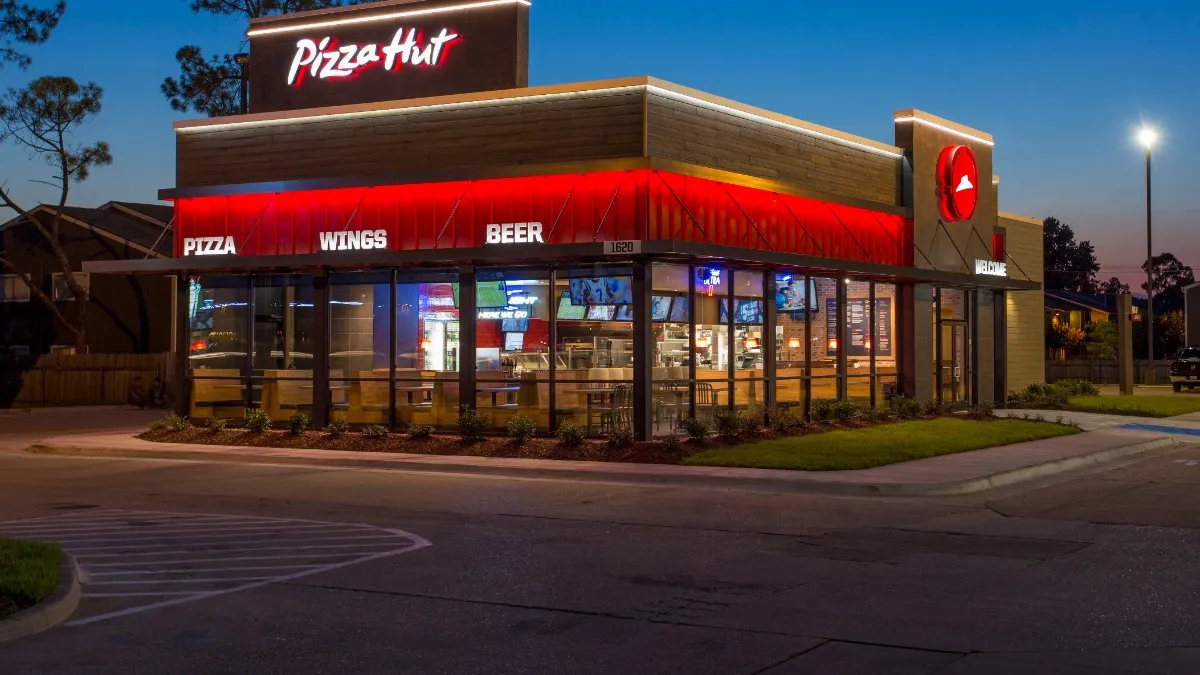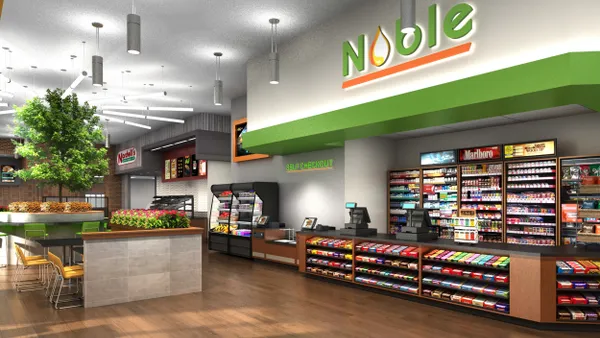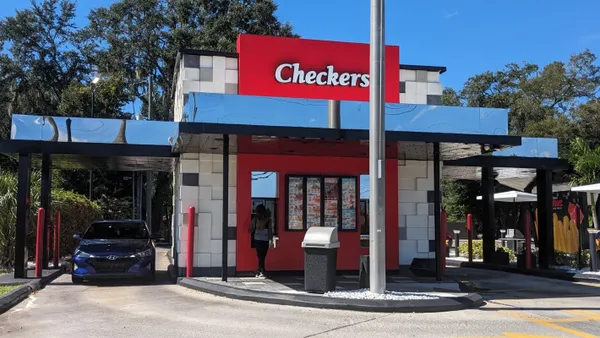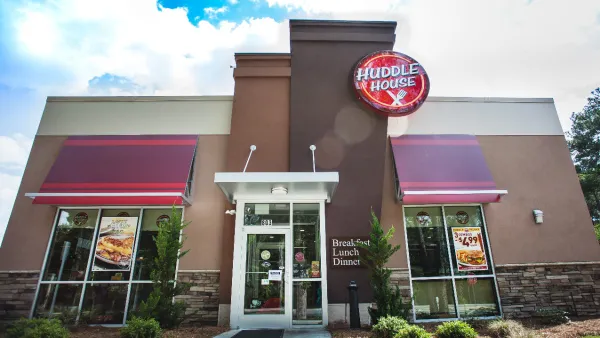Dive Brief:
- NPC International, the largest franchisee of Pizza Hut and Wendy's restaurants, filed for Chapter 11 bankruptcy Wednesday. The company has $903 million in debt and restaurant closures amid novel coronavirus restrictions further undermined its performance, despite slight sales improvements over the last few months.
- NPC has come to an agreement with its lenders on a restructuring plan to reduce the company's significant debt, which includes plans to sell its 385 Wendy's restaurants and receive a possible cash injection from first lien lenders. The franchisee has also been negotiating with Pizza Hut, and filed for bankruptcy after its forbearance agreement with the chain expired Tuesday, according to Restaurant Business.
- “While NPC’s Chapter 11 filing was expected, we view it as an opportunity to create a better future for NPC’s Pizza Hut restaurants,” Pizza Hut told Restaurant Dive in an emailed statement. “As NPC works through this process, we support an outcome resulting in an organization with a lower, more sustainable level of debt, ownership focus on operational excellence and a greater level of restaurant investment."
Dive Insight:
NPC's bankruptcy comes after a long struggle with its massive debt. The pandemic further destabilized the company as dining patterns dramatically shifted to at-home eating.
NPC's long-standing issues are likely a symptom of increasing delivery demand, a trend that Pizza Hut — traditionally a sit-down restaurant — has found challenging. Even though the pandemic has boosted the chain's digital and delivery sales, Pizza Hut reported same-store sales declines of 11% for Q1 2020. The company's credit rating also slipped in January when it missed an interest payment. The franchisee secured a $35 million loan to improve the company's liquidity earlier this year.
Restaurant Business reported that NPC pointed fingers at Pizza Hut in a court document, claiming that the franchisor's "deteriorating brand image and lack of innovation" caused market share to slide as off-premise heavyweights Domino's and Papa John's invested in their delivery channels with superior technology.
Pizza Hut has tried to adapt to current trends by testing in-store kiosks in two Texas restaurants at the end of last year. If the pilot is successful, the chain could bring the technology to other stores in Texas, Arkansas and Louisiana. The Yum Brands restaurant has also teamed with Grubhub to try and compete with Dominos and Papa John's and convert new customers. But nearly 40% of NPC's Pizza Hut units are dine-in formats, whose sales have declined as diner demand for delivery grows.
Pizza Hut announced in 2019 that it could temporarily close up to 500 underperforming restaurants by 2021 and remodel them to optimize carryout and delivery. This way, the company could deploy capital in the short-term to flip the market and give the stores to a new franchisee and then get the capital back. Pizza Hut has already removed one franchisee with subpar assets from its system,Yum CFO Chris Turner said during the company's February earnings call. Whether this is the company's long-term plan for NPC remains to be seen.














